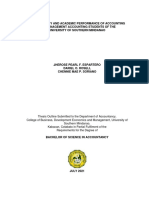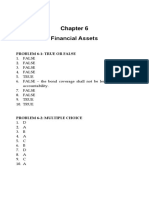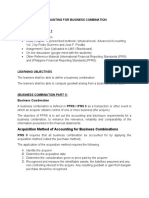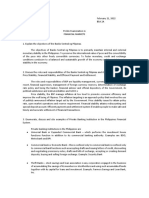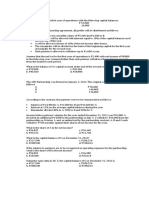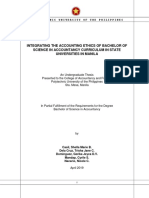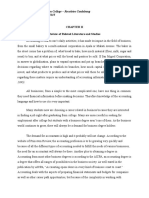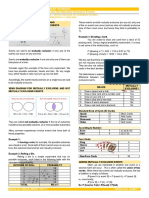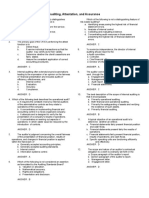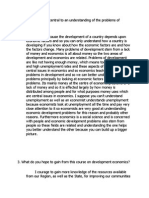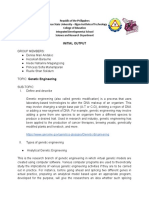86% found this document useful (14 votes)
8K views2 pagesIs The Concept of The Developing World A Useful One
The document discusses the concept of developing countries and whether it is a useful term. While developing countries are generally defined as having a lower standard of living and less developed industrial base, there is no agreed-upon definition. Some criticize the term as implying inferiority and assuming all countries want to develop following a Western model, which some like Cuba and Bhutan reject. Alternative terms have been proposed, and factors like happiness have been suggested as better measures than industrialization or wealth.
Uploaded by
masudswebCopyright
© © All Rights Reserved
We take content rights seriously. If you suspect this is your content, claim it here.
Available Formats
Download as DOCX, PDF, TXT or read online on Scribd
86% found this document useful (14 votes)
8K views2 pagesIs The Concept of The Developing World A Useful One
The document discusses the concept of developing countries and whether it is a useful term. While developing countries are generally defined as having a lower standard of living and less developed industrial base, there is no agreed-upon definition. Some criticize the term as implying inferiority and assuming all countries want to develop following a Western model, which some like Cuba and Bhutan reject. Alternative terms have been proposed, and factors like happiness have been suggested as better measures than industrialization or wealth.
Uploaded by
masudswebCopyright
© © All Rights Reserved
We take content rights seriously. If you suspect this is your content, claim it here.
Available Formats
Download as DOCX, PDF, TXT or read online on Scribd
/ 2





